Sport
Dollar
38,2552
0.34 %Euro
43,8333
0.15 %Gram Gold
4.076,2000
0.31 %Quarter Gold
6.772,5700
0.78 %Silver
39,9100
0.36 %Despite being the poorest region in the world, the Sahelian zone's mineral-rich subsurface makes it a prized catch for Western foreign companies.
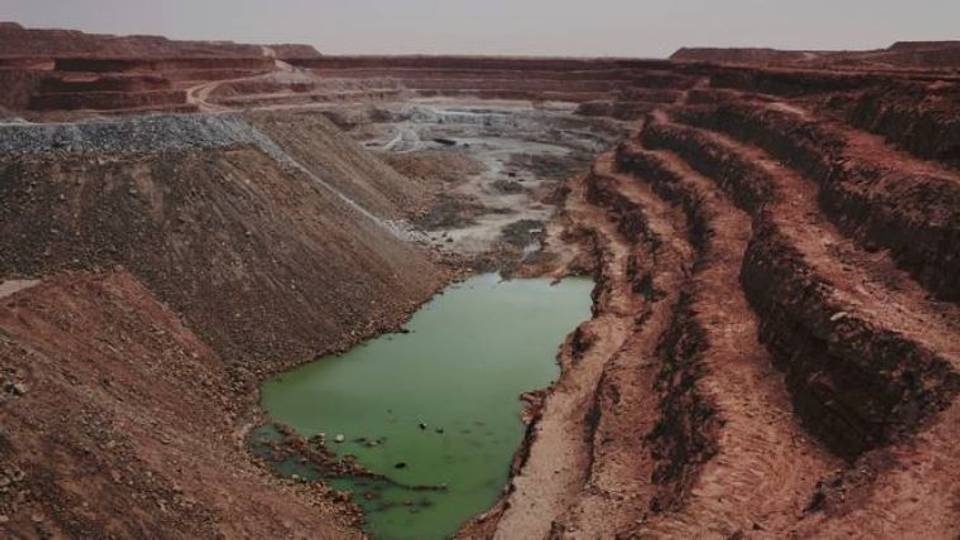
By Mahaman Laouan Gaya
The current crisis of Western capitalism has accentuated the surge towards strategic extractive resources in African countries, particularly those in the Sahelian zone known as the "three borders".
Talking about extractive resources (minerals, oil and gas) in the African Sahel, would mean on the one hand examining the place held by these minerals in the region's geography and economy, and on the other exploring geopolitical realities, before looking for links or correlations between the two.
Indeed, in the name of ‘humanitarian’ assistance or a fight against militancy, our sub-region has for a little over a decade been prey to a rush of foreign powers in various forms, in particular through military interventions in areas identified as rich in minerals (rare and strategic metals) and energy resources (oil, gas, uranium, hydrogen).
This doctrine was developed by Western imperialism and tragically implemented in Libya (murder of former Libyan leader Muammar Gaddafi and subsequent turmoil there) in 2011 by Sarkozian France under cover of the North Atlantic Treaty Organization (NATO).
It has to be said that the exact purpose of the intervention by French military aircraft was in no way to protect the Libyan population or restore democracy, but rather to ensure the control of Western companies over Libya's mineral and energy resources. Their influence went beyond that, to Sahel and even those of the West African coast.
A deliberate turmoil?
Since then, the West African region has never known a moment of stability: coups d'état in Mali, Guinea, Burkina Faso, insecurity and attempts to balkanize Mali, and insecurity in Niger, Burkina Faso.
Pockets of conflict are multiplying in the region and even spreading to coastal countries (Benin, Côte d'Ivoire, Togo) against a backdrop of threats of foreign interference.
These conflicts in West Africa, coupled with the Russian-Ukrainian war (which cut off hydrocarbon supplies to Western Europe from Russia), have created a growing need for strategic energy and mining resources, particularly rare metals in developed countries.
In 2010, following a territorial dispute between China and Japan over the Senkaku Islands, China, a major supplier of rare earth minerals, imposed an embargo on their export to Japan, and also set export quotas for other countries, notably in Western Europe.
This severely penalised the high-tech industry, causing a sharp rise in the price of these critical minerals worldwide.
It was at this point that the European Union (EU) reinforced its action plan to secure supply of important minerals by drawing up the first European list of critical extractive raw materials.
The challenge was to secure supply chains by acquiring shares in mines, creating strategic stocks, and identifying and securing deposits in countries, which are unaware they sit on top of such important resources.
In West Africa in general, and in the Sahelian zone, known as one of the poorest regions in the world, there is no shortage of subsoil riches. Its energy and mineral resources are just some of the reasons why the region is a coveted area that is "whetting the appetites of major international groups", said the newspaper "l'Humanité" in an article.
A geological capture
In view of the exceptionally abundant and diversified mining potential, experts are calling the area a ‘geological scandal’.
Today, as was the case in the past, mines in West Africa are mostly owned by French majors such as Orano, TotalEnergy, American majors ConocoPhilips, AngloAmerican, AngloGold Ashanti, BHP Billiton, Rio Tinto and China's CNCP. Then there are smaller mining firms from these countries that are mired in financial troubles.
The mining juniors selling bluff to unscrupulous African governments are essentially one-penny stocks from developed countries (one-penny stocks are ordinary shares in small mining companies that trade for less than a dollar a share on the Toronto Stock Exchange).
It should be noted that the Toronto, Vancouver and Calgary stock exchanges in Canada are too complacent when it comes to listing junior mining companies, which are generally making their first forays into mining in sub-Saharan Africa.
These junior mining companies, with no substantial resources, sometimes with no staff or offices, owned by anonymous shareholders and registered in tax havens, manage to convince African governments to entrust them with highly strategic mining concessions.
Once the contract is in their pocket, these companies rush to the same stock exchanges as the value of their shares rise, yet they evade any tax, legal, environmental, social or health obligations and pocket comfortable capital gains before mining even starts.
And not a single penny will be invested, apart from perhaps $1 or $2 million in kickbacks they give to speed up signing of permits.
For the global extractive industry, Canada (with its Toronto and Vancouver stock exchanges) is exactly what Geneva and Zurich are for money launderers and tax evaders.
Over the past thirty years, Canada has gradually emerged as a formidable regulatory, legal and tax haven for the global mining industry.
Many of these companies are scouring the African continent. We still remember the more than 150 mining exploration licenses hastily distributed in the Sahel regions of Liptako-Gourma, Sud Maradi, Air, Djado and Tim Mersoi Basin areas to 42 companies (some of them fictitious) from 12 countries in 1995-96, which ultimately proved to be a flash in the pan.
What happened to the 154 mining exploration licenses graciously granted by the Niger government at the time, and what happened to the companies that benefited from these licenses?
It's worth noting here the case of one of these junior mining companies, which remains in the spotlight: the Savannah Energy PLC, which only a few days ago was at the center of an affair that damaged diplomatic relations between Cameroon and Chad.
In a press release dated April 23, 2023, the Presidency of the Republic of Chad expressed its indignation at the dispute that had erupted between Cameroon and Chad over the alleged acquisition of ex-ESSO-Tchad assets by Savannah Energy; and N'Djamena accused Yaoundé of supporting an illegal takeover of its oil assets on its territory.
Change in the air
Over the past decade, the number of North American and European mining companies operating in Africa has risen sharply.
This situation has brought to light the Franco-American rivalry in the Sahel region, which is plagued by all kinds of problems that have been skillfully created and nurtured, and which serve as an alibi to legitimise the security strategy and the installation of military bases.
It's time for the citizens of Burkina Faso, Mali and Niger to understand that the persistence of insecurity, violence and the presence of foreign military forces on their territories are motivated by nothing other than a devouring appetite for energy and mineral resources that are already being exploited (uranium in Niger, gold in Mali and Burkina Faso) and attempts by foreign powers to get their hands on highly strategic resources not yet exploited (leonine mining agreements recently signed in certain countries).
The level of development of certain advanced technologies during the colonial and post-colonial periods did not allow these resources to be exploited, but today the international context demands it, and Western countries are pulling out all the stops to get their hands on these resources.
The level of awareness and the struggle of Africa's youth seem to be thwarting the designs of Western imperialism.
The page of the predatory Western powers plundering mineral resources of Sahel now seems to be turning once and for all.
This opinion article was first published by TRT World in August 2023. The author, Mahaman Laouan Gaya, is a former minister of the Republic of Niger and ex-Secretary General at African Petroleum Producers’ Organization (APPO).
Disclaimer: The views expressed by the author do not necessarily reflect the opinions, viewpoints and editorial policies of TRT Afrika.
➤Click here to follow our WhatsApp channel for more stories.
Comments
No comments Yet








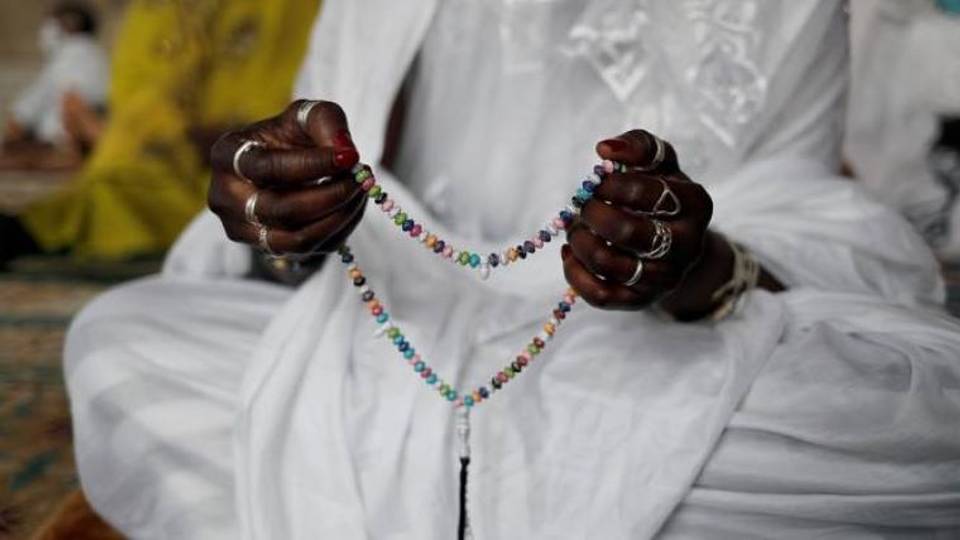
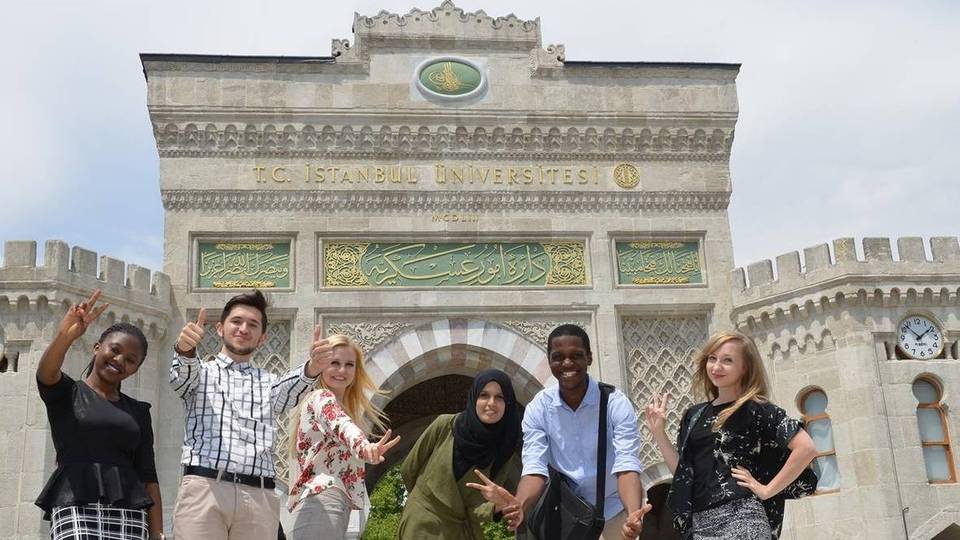
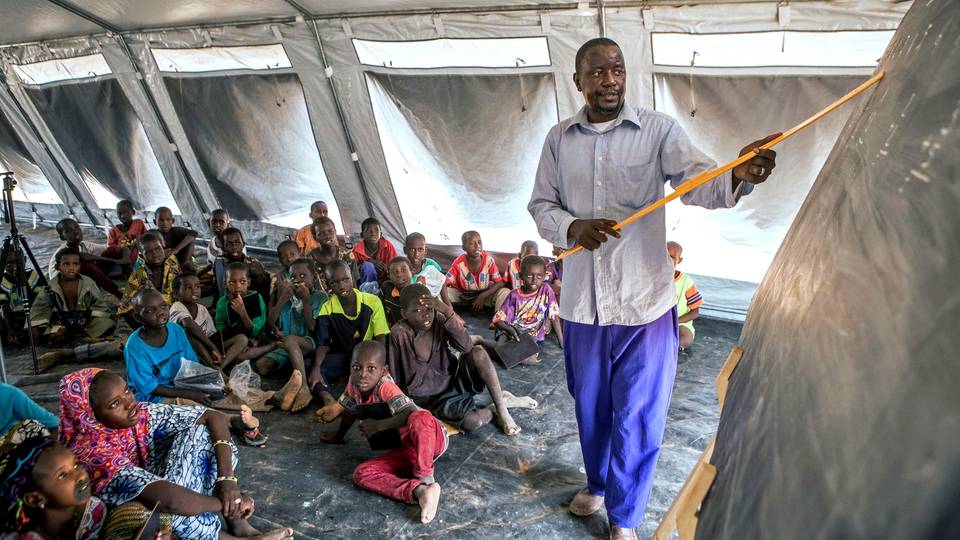
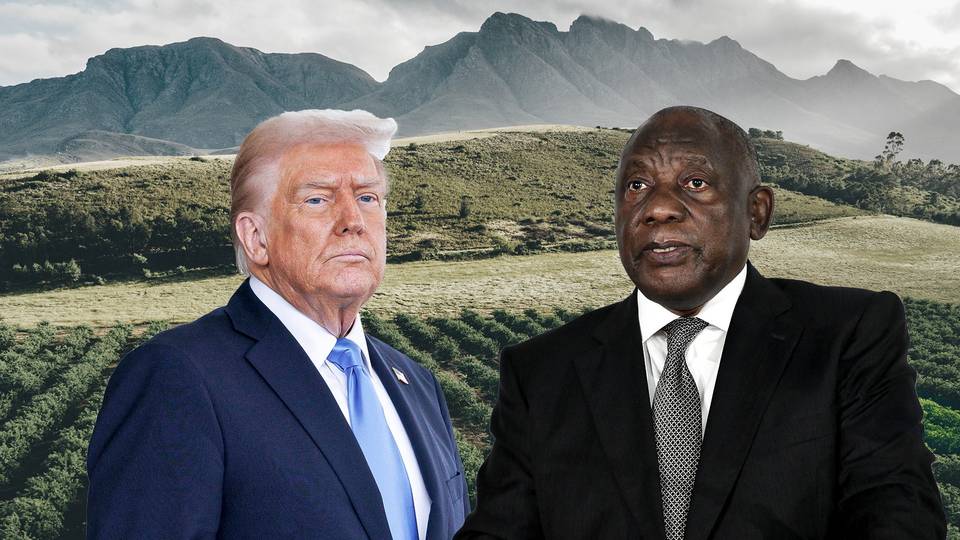








Comment